There isn’t much scientific proof that vaping causes hair loss. Nonetheless, vaping has been linked to a number of health issues, including as oxidative stress and inflammation, which may have an indirect impact on hair health.
Numerous variables, such as heredity, hormone imbalances, dietary deficiencies, stress, and certain medical disorders, can affect hair loss. Further study is required to understand the precise impact of vaping on hair loss, even though it has been demonstrated to have harmful impacts on general health.
If you vape and you’re losing hair, it’s a good idea to think about other possible causes and get expert guidance and treatment alternatives from a medical practitioner.
Does hair fall out after stopping minoxidil?
Yes, hair loss is a real possibility if minoxidil usage is stopped. A common topical treatment for hair loss, especially male and female pattern baldness, is minoxidil. The advantages of minoxidil, such thicker and more growing hair, may progressively go off after you stop taking it.
This is because, rather than providing a permanent solution for hair loss, minoxidil encourages hair follicles to produce new hair. The follicles may progressively revert to their dormant condition as soon as you stop taking it, and hair growth may either slow down or halt completely. Furthermore, minoxidil-induced hair growth may cause progressive shedding of newly acquired hair.
It’s crucial to remember that different people may react differently to discontinuing minoxidil. While some people may see less noticeable hair loss, others may notice more noticeable shedding. It’s wise to talk to your healthcare practitioner if you’re thinking about stopping your minoxidil medication. They may offer advice based on your unique circumstances and can suggest other therapies or hair loss management techniques.
Does hair gel make your hair fall out?
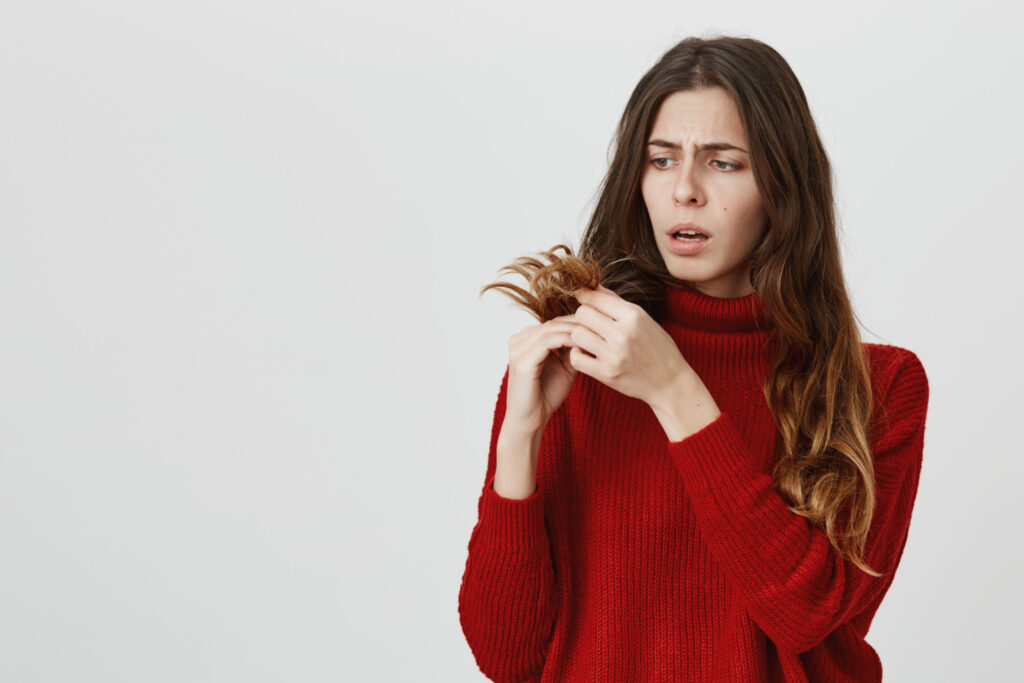
Generally speaking, hair gel does not cause hair loss. On the other hand, overuse of hair style products or specific kinds of hair gel may cause breaking and damage to hair, giving the appearance of thinner hair or causing temporary shedding.
Damage to the hair shaft can result from a number of factors, including the use of harsh or low-quality hair gels, excessive styling, pulling hair firmly into hairstyles, and improperly rinsing off the gel residue. This damage may weaken the hair over time, increasing its susceptibility to breaking and shedding hair fall.
In order to reduce the possible harm that hair gel might do to your hair:
Select hair gels that aren’t very harsh or containing alcohol, as these ingredients can dry out and harm hair.
Try not to apply gel straight to the scalp and try not to use too much of it.
To avoid buildup, completely wash your hair with a mild shampoo after using gel.
When styling your hair, use gentleness and refrain from pulling or tugging, especially if the hair is damp, since this increases the risk of breaking hair fall.
Does it’s a 10 make your hair fall out?
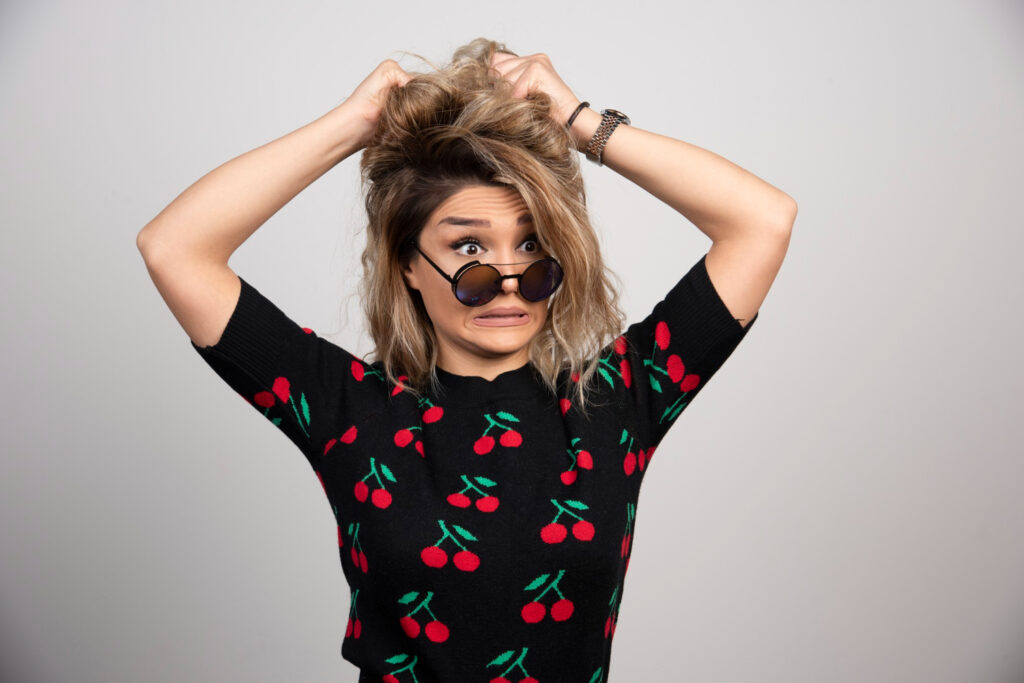
Shampoos, conditioners, and treatments are just a few of the hair care products available under the well-known “It’s a 10” brand. Instead of causing hair loss, “It’s a 10” products often aim to enhance the health and beauty of hair.
Individual responses to hair care products might differ, though, depending on things like hair type, sensitivity of the scalp, allergies, and the particular components used in the product. Certain substances in hair care products may cause negative responses in certain people, which may result in problems including dryness, irritation of the scalp, or breakage of the hair.
It is a good idea to stop using “It’s a 10” products and see a dermatologist or trichologist if you have concerns about hair loss or any negative effects after using any other hair care product. They can offer appropriate substitutes for your hair care regimen and assist in determining any possible underlying problems.
Does a whole blend make your hair fall out?
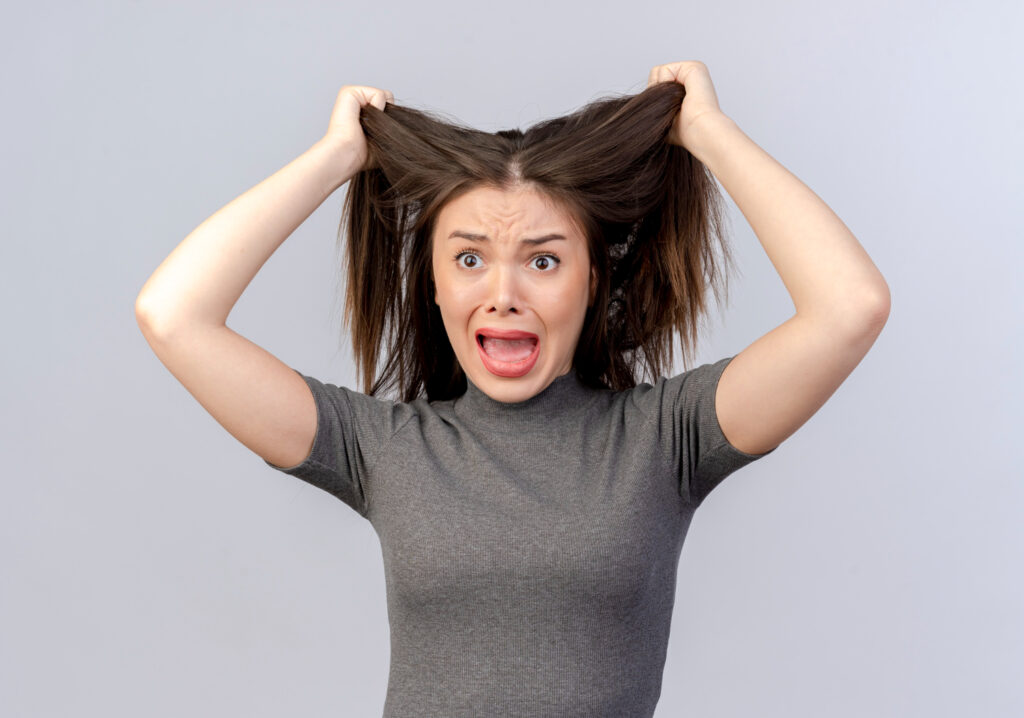
Garnier manufactures hair care products under the Whole Blends brand. Individual responses can differ, as they do with every hair care product, depending on things like hair type, sensitivity of the scalp, allergies, and particular chemicals.
The Whole Blends range includes shampoos, conditioners, and treatments with diverse formulae for different hair types and issues. These products are meant to nourish and enhance the appearance and health of hair, and they are usually made with a combination of natural substances.
Although there isn’t any concrete proof connecting Whole Blends product to hair loss, it’s still vital to monitor your hair’s and scalp’s reaction to any new product. After using Whole Blends products, if you have any negative effects—such as dryness, excessive shedding, breaking of hair, or irritation of the scalp—it can indicate that the product isn’t right for your hair type or that you have a sensitivity to one of the ingredients.
If you’re worried about hair loss or having problems with your hair care regimen, you might want to stop using the product and get professional guidance and recommendations from a dermatologist or trichologist. They may offer advice on selecting the best hair care products for your requirements as well as assist in determining possible reasons.
Can mold make your hair fall out?
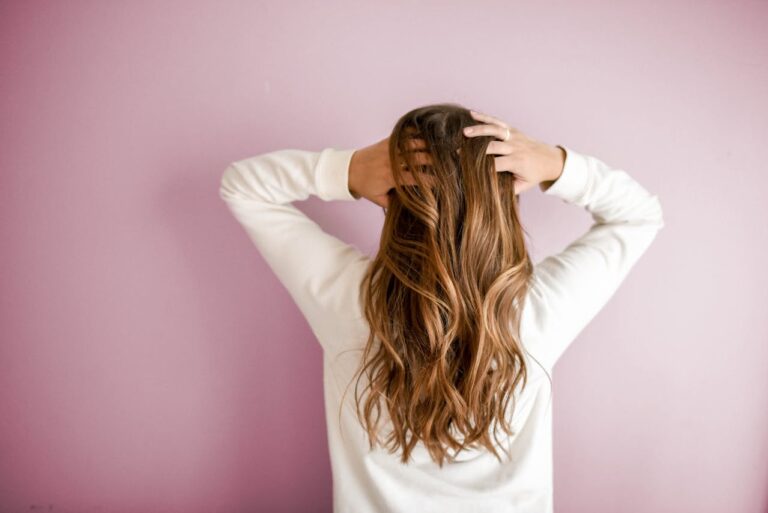
Usually, hair loss is not directly caused by mold. However, scalp problems or hair loss may result indirectly from exposure to specific mold species or mold-related illnesses.
It is possible for hair care items to get contaminated if mold grows in places like restrooms or moist spaces where they are kept. Applying hair care products tainted with mold on your scalp may result in irritation, itching, or other dermatological problems. In certain situations, persistent scalp irritation or inflammation may be a factor in hair loss.
Furthermore, some people may get allergic responses or respiratory problems as a result of indoor mold contact. Although these allergic responses might not be the primary cause of hair loss, they might add to the body’s general stress level, which could have an indirect effect on the health of the hair.
By removing mold sources and enhancing airflow in impacted areas, you should treat the underlying problem if you think that exposure to mold is harming your scalp or general health. Speaking with a dermatologist or other healthcare professional can also assist detect any possible scalp problems and suggest the best course of action hair fall.
Does cocaine make your hair fall out?
Abuse of cocaine may have a number of negative effects on the body, some of which may include damage to one’s hair. Although there isn’t enough evidence to conclude that cocaine causes hair loss directly, the lifestyle choices and health risks connected to cocaine usage may have an indirect effect on hair loss.
Cocaine addiction may cause hair loss in the following indirect ways:
Nutritional deficiencies: Abuse of cocaine can result in improper eating habits and malnourishment, which can impact the general health of hair and perhaps cause hair loss.
Stress: Abusing cocaine can cause the body to experience both physical and mental stress. Numerous hair disorders, including telogen effluvium, a kind of hair loss marked by excessive shedding as a result of stress, have been related to chronic stress.
Poor circulation: The use of cocaine can narrow blood vessels and cause a reduction in blood flow to the scalp and other parts of the body. Hair follicle health can be impacted by poor circulation to the scalp, which can also lead to hair loss.
Immune system weakness brought on by cocaine addiction might lead to an individual’s increased susceptibility to infections and scalp disorders that could compromise the health of their hair.
Hair-pulling behaviors: Due to anxiety brought on by cocaine or other psychological impacts, some people develop compulsive hair-pulling or trichotillomania. Hair thinning and breakage may result from this hair fall.
It’s critical to remember that each person’s experience with cocaine addiction is unique and that the impacts are varied and multidimensional. In order to treat cocaine misuse and minimize its possible detrimental effects on general health, including hair health, it is imperative that those seeking support from healthcare experts and addiction specialists do so.
here u can watch our youtube as well and old article about hair fall
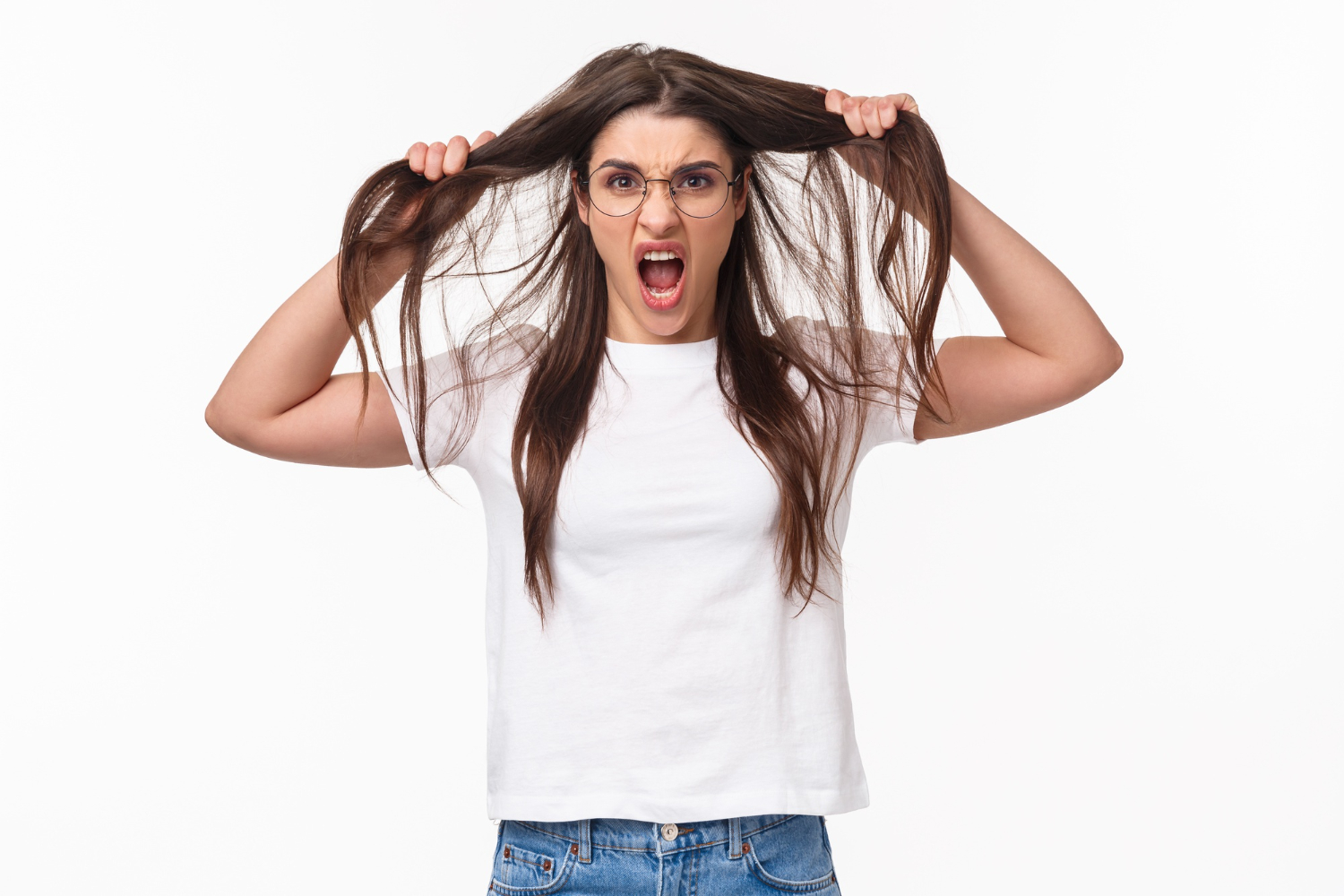
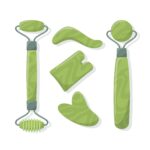
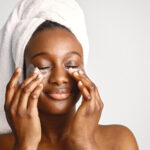



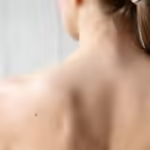
“Hello there! I recently noticed that you’ve taken the time to visit my website, and I wanted to express my gratitude by returning the favor. As I’m constantly seeking ways to improve my site, I believe it would be beneficial to incorporate some of your ideas into my design and content strategy. Your input would be greatly appreciated, and I’m open to any suggestions you may have. Thank you for your interest, and I look forward to hearing from you!”
“Hello there! I recently noticed that you’ve taken the time to visit my website, and I wanted to express my gratitude by returning the favor. As I’m constantly seeking ways to improve my site, I believe it would be beneficial to incorporate some of your ideas into my design and content strategy. Your input would be greatly appreciated, and I’m open to any suggestions you may have. Thank you for your interest, and I look forward to hearing from you!”
Certainly! Here’s an extended version of the message:
“Hello there! I recently noticed that you’ve taken the time to visit my website, and I wanted to express my heartfelt gratitude for your interest. Your support means a lot to me. In return, I would like to extend my support by visiting your website as well.